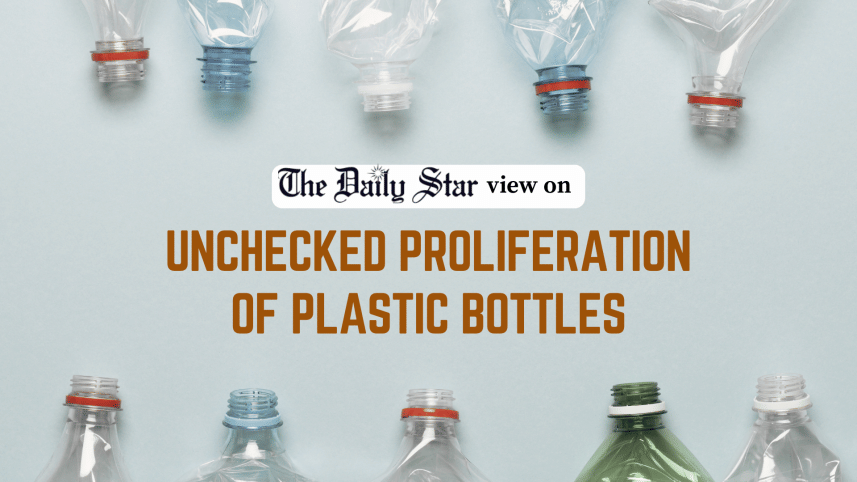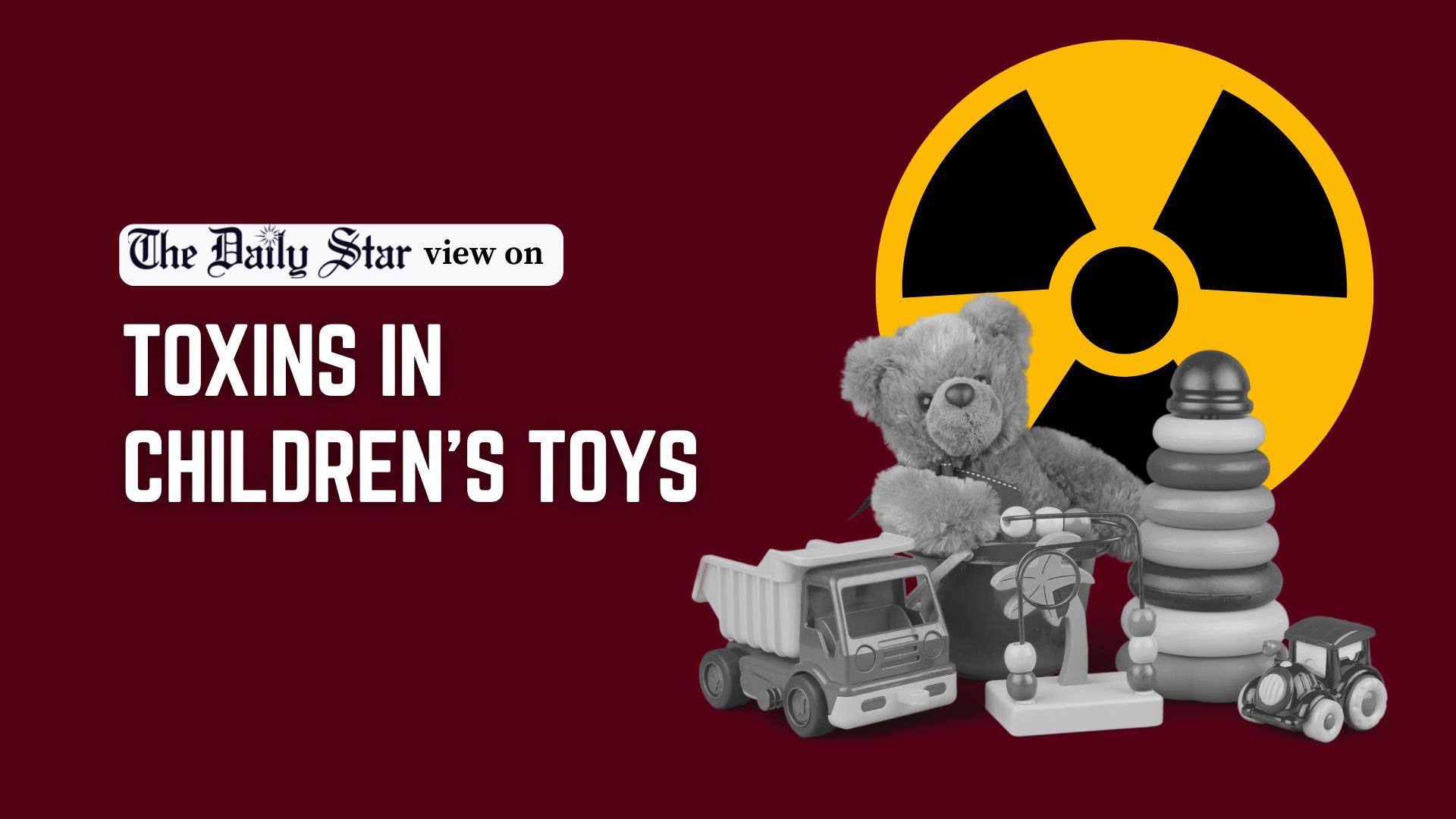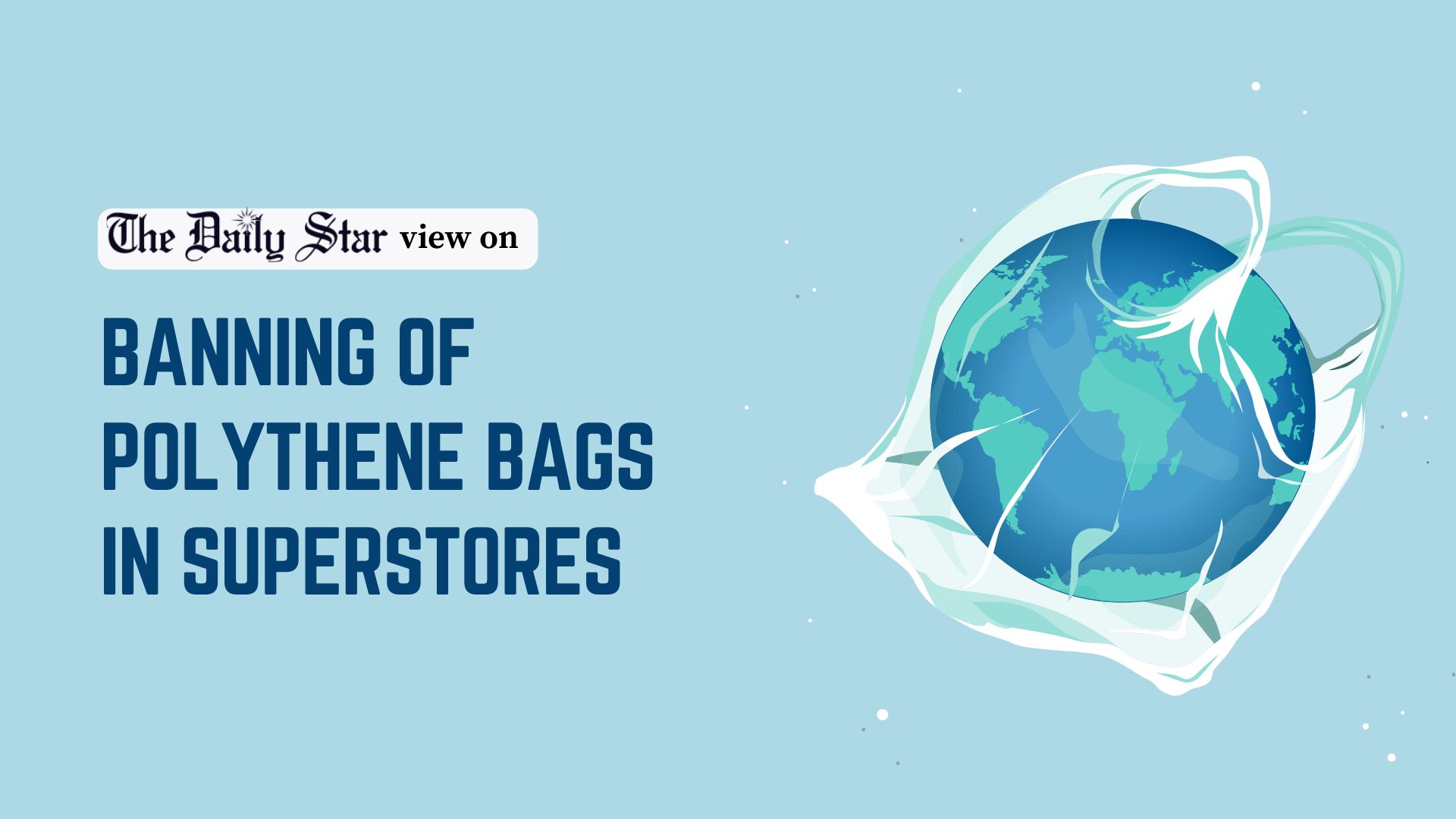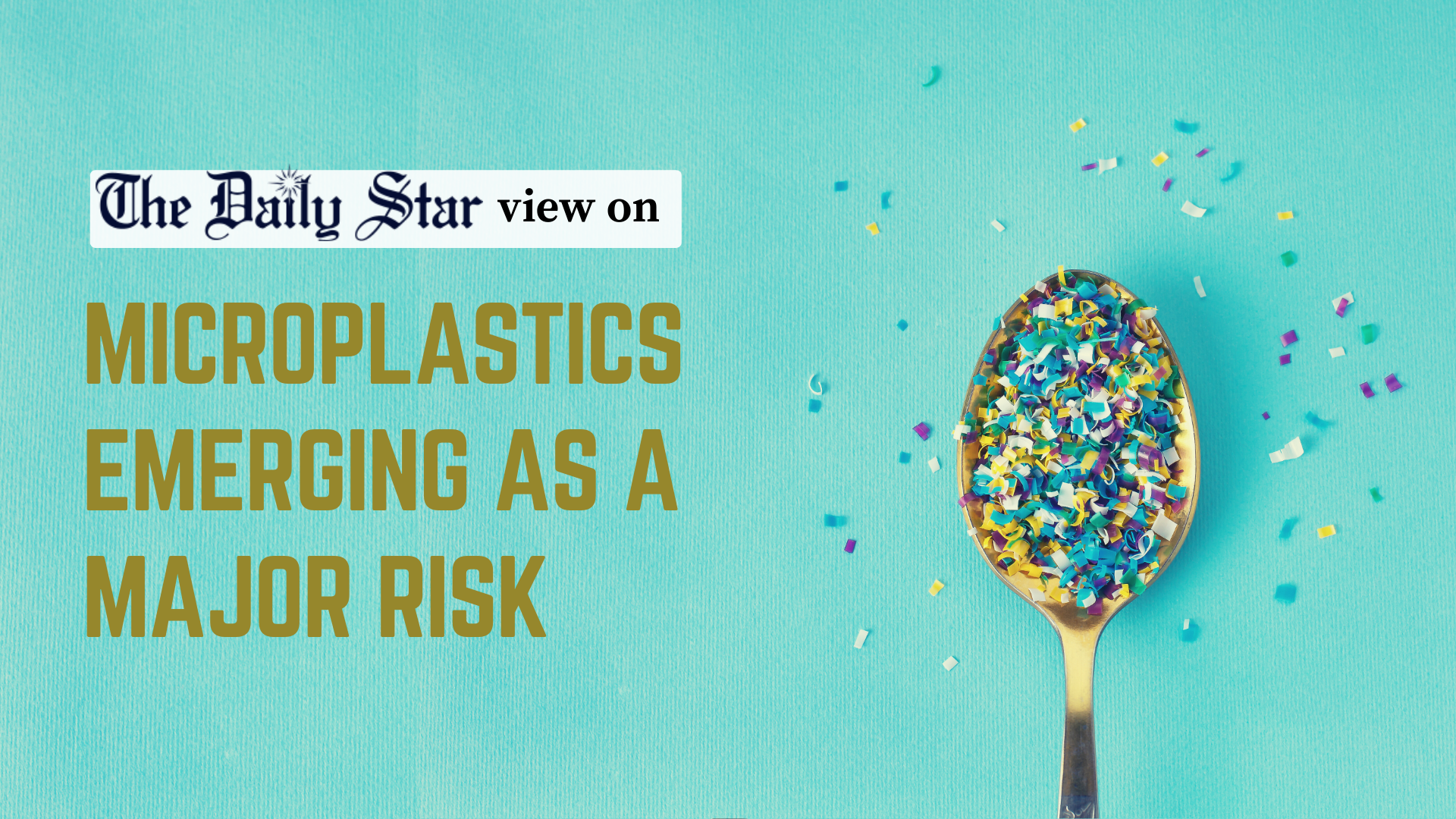Can we ever curb the menace of throwaway plastics?

It is deeply concerning that despite growing awareness of the dangers posed by single-use plastics, their use remains extremely high in Bangladesh. A recent study by the Environment and Social Development Organization (ESDO) has found that the country consumes between 3.15 and 3.84 billion single-use plastic bottles annually, with a mere 21.4 percent being recycled. Both urban and rural areas are heavily dependent on plastic bottles, though in different ways. While urban areas see high consumption of water bottles, rural areas are increasingly witnessing the menace of soft drink bottles.
When this plastic waste is dumped into rivers, the consequences are disastrous. Rivers such as the Buriganga, Karnaphuli, and Meghna are already choking on plastic, rendering their waters toxic for aquatic life. As another study earlier last year revealed, at least 17 fish species and three shellfish species in three key rivers flowing through the Sundarbans are contaminated with microplastics. The health risks of such pollution for humans and ecosystems are immense.
Over the decades, successive governments have made plans to curb the use of throwaway plastics but these efforts faltered due to poor implementation. For example, although polythene bags were officially banned in 2002, they remain widely used. In January 2020, the High Court ordered a ban on single-use plastic products in coastal districts, which was supposed to take effect in 2021. Sadly, about four years later, there is still no visible progress in its implementation.
After the interim government assumed office in August, the cabinet division, at the environment adviser's request, instructed government offices to replace single-use plastics with eco-friendly alternatives. The environment ministry also banned polythene bags, initially targeting superstores before expanding the ban nationwide. However, these measures have yielded little impact largely due to inadequate enforcement and the absence of viable alternatives. Moreover, after the recent order to stop using single-use plastics, domestic plastic manufacturers have reportedly lobbied for a delay in implementing the ban until 2030, citing potential disruptions to businesses and consumers.
Clearly, issuing directives without ensuring readiness among all stakeholders will not suffice. To effectively combat plastic pollution, the government must adopt a comprehensive, well-coordinated plan developed in consultation with key stakeholders including businesses and the general public. Solutions should focus on promoting eco-friendly alternatives, supporting waste management systems, and strictly enforcing anti-plastic policies. The urgency for robust action cannot be overstated considering the level that plastic pollution has reached across the country.



 For all latest news, follow The Daily Star's Google News channel.
For all latest news, follow The Daily Star's Google News channel. 



Comments